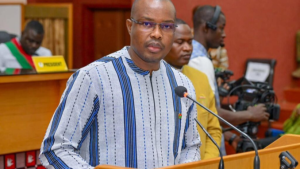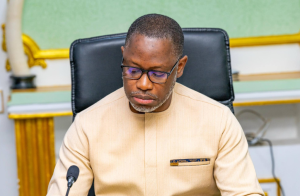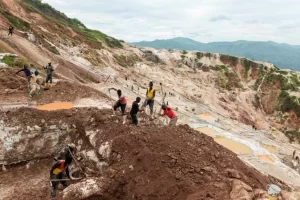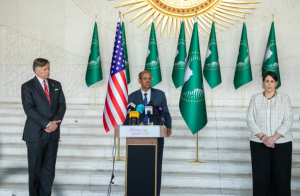Kylian Mbappé under Fire: Media slam Real Madrid star after Liverpool defeat

Kylian Mbappé’s challenging start at Real Madrid took another hit after a lackluster performance in the 2-0 defeat to Liverpool. The French forward, touted as the club’s marquee summer signing, continues to face harsh criticism from both Spanish and international media.
The absence of Vinícius Júnior in the Liverpool clash left Mbappé with the responsibility of leading Madrid’s attack, a role he struggled to fill. His missed penalty at a crucial moment symbolized a broader crisis in form, with AS summing it up as “no Mbappé, no Real Madrid at Anfield.”
Catalan outlet Mundo Deportivo was more scathing, calling him “the great disappointment of the night,” while Marca described his performance as a “nightmare,” lamenting a player who seems a shadow of his former self.
“The weight of the Real Madrid jersey appears too heavy,” the paper noted, expressing concerns about his dwindling confidence.
Mbappé’s struggles have sparked questions about his adaptation to Madrid’s high expectations. While pundits agree his talent is undeniable, his current form has cast doubts over his ability to thrive under the pressure of wearing the iconic white shirt.
For now, Real Madrid faces the challenge of reigniting the confidence of a player they heavily banked on to lead their offense.






